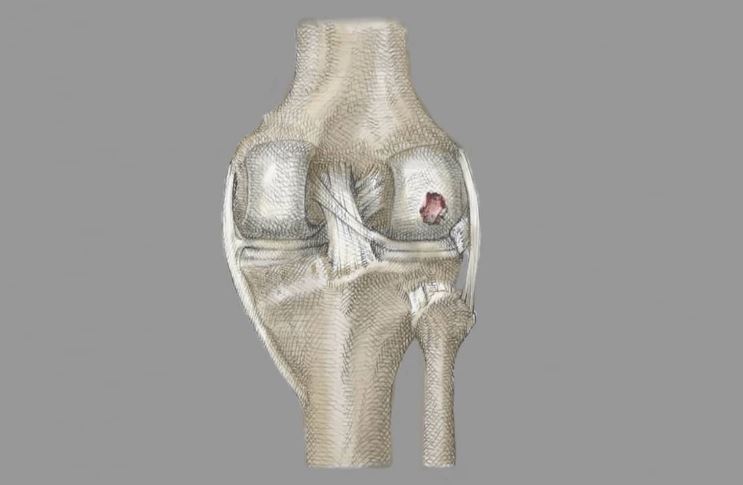OCD surgery billing: Osteochondritis Dissecans (OCD) is a condition where a fragment of bone and cartilage becomes detached from the joint surface. When conservative treatment fails, surgery may be required to address the condition. Proper billing and coding for OCD surgery are essential to ensure healthcare providers are adequately reimbursed for their services. This guide explores the nuances of OCD surgery billing, covering everything from procedural codes to documentation requirements.
1) Understanding Osteochondritis Dissecans Surgery
OCD surgery aims to reattach or remove the loose fragment and restore the normal functioning of the affected joint. Common procedures include:
- Arthroscopic Debridement and Microfracture: Involves removing the detached fragment and performing microfracture to promote cartilage healing.
- Osteochondral Autograft or Allograft Transplantation: Involves transplanting healthy cartilage and bone tissue from another part of the body (autograft) or a cadaver (allograft) to the affected area.
- Internal Fixation: Involves fixing the detached fragment back into place using screws or pins.
2) Key Components of OCD Surgery Billing
Procedural Coding
Proper procedural coding is crucial for accurate billing:
CPT Codes: Commonly used CPT codes for OCD surgery include:
- 29877 – Arthroscopy, knee, surgical; for removal of loose body or foreign body (including debridement/shaving of articular cartilage) – commonly used for arthroscopic debridement.
- 29879 – Arthroscopy, knee, surgical; osteochondral autograft(s) (e.g., mosaicplasty) (includes harvesting of the autograft(s)).
- 29888 – Arthroscopically aided anterior cruciate ligament repair/augmentation or reconstruction.
ICD-10 Codes: Common ICD-10 codes for OCD include:
- M93.2 – Juvenile osteochondrosis of tibia and fibula.
- M93.3 – Juvenile osteochondrosis of other specified sites.
- M93.4 – Juvenile osteochondrosis, unspecified.
Documentation Requirements
Documentation should support the medical necessity of the surgery:
- Operative Report: Detailed description of the procedure performed, including findings and any complications.
- Preoperative Assessment: Evaluation of the patient’s symptoms, diagnostic findings, and previous treatments.
- Postoperative Care: Details of any postoperative complications or additional procedures.
Reimbursement Considerations
Ensuring accurate reimbursement is essential:
- Claim Submission: Claims should include proper procedural and diagnosis coding, along with supporting documentation.
- Insurance Verification: Ensure that the patient’s insurance covers the specific procedure and verify any preauthorization requirements.
- Appeals Process: Understand the appeals process for denied claims and ensure timely resubmission with additional documentation if necessary.
3) Common Challenges in OCD Surgery Billing
Denials and Rejections
Common reasons for claim denials include:
- Incorrect Coding: Use of incorrect CPT or ICD-10 codes.
- Lack of Medical Necessity: Insufficient documentation to support the medical necessity of the procedure.
- Authorization Issues: Failure to obtain proper preauthorization from the insurance company.
Coding Updates and Compliance
- Regular Updates: Stay updated with changes in CPT and ICD-10 codes and billing guidelines.
- Compliance Issues: Ensure compliance with coding and billing regulations to avoid penalties and audits.
Conclusion
Billing for OCD surgery requires careful attention to detail, from accurate procedural coding to thorough documentation and compliance with insurance guidelines. Healthcare providers must stay informed about the latest updates in coding and billing practices to ensure proper reimbursement for their services. By following these guidelines, providers can optimize their revenue cycle management and provide quality care to patients with OCD. Visit The Medicators for more information about Medical Billing Services across the USA.









